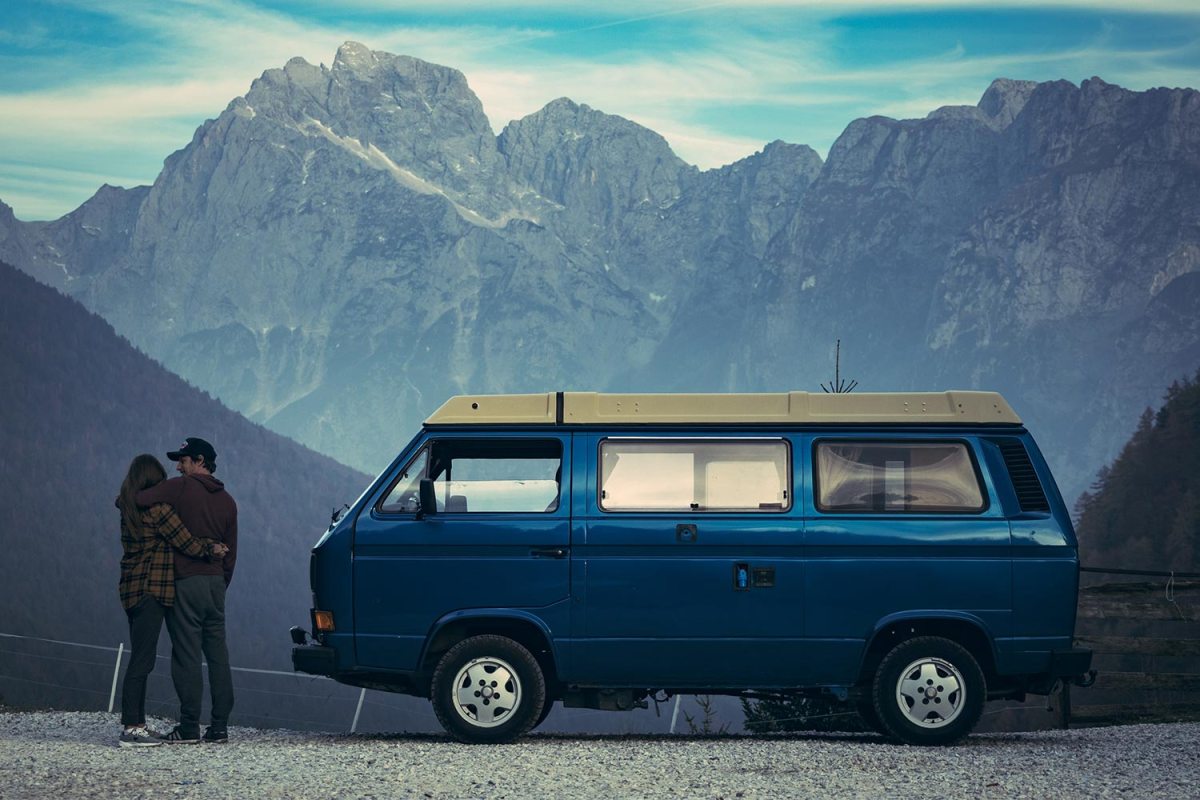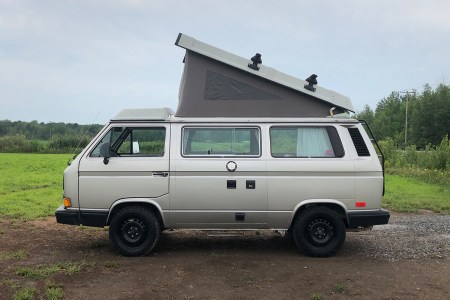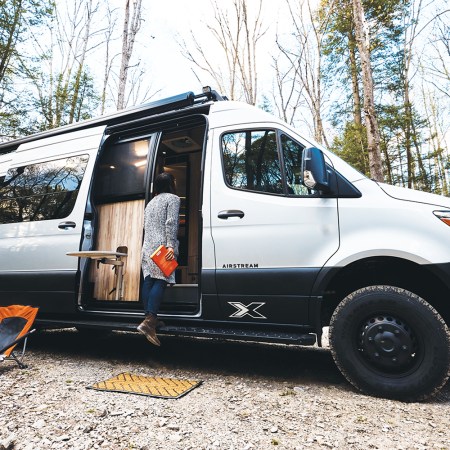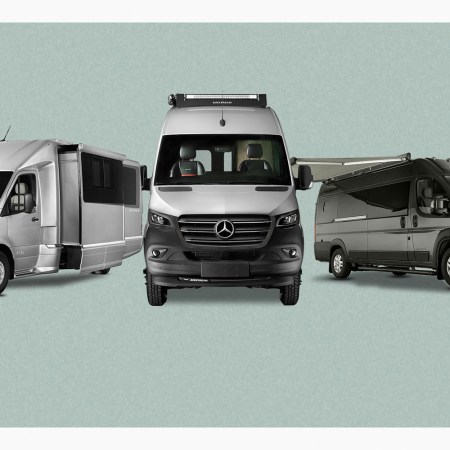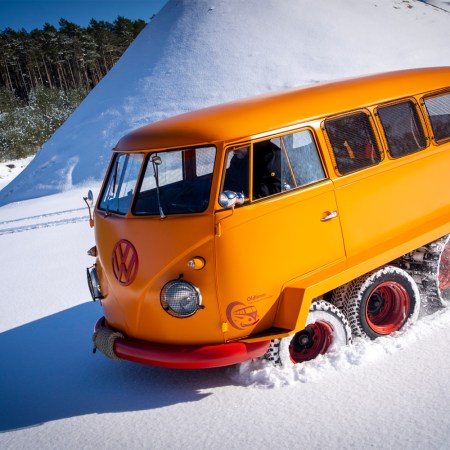Remember #vanlife? While the hashtag started to be used on Instagram a decade ago by people living in their vans and extolling the virtues of a carefree, nomadic life, it quickly morphed from a simple social-media search tag into “an aesthetic and a mentality and…a ‘movement,’” as Rachel Monroe explained in The New Yorker in 2017.
But once people started realizing vanlife comes with lots of drawbacks that influencers decide not to share, like emptying out sewage or constantly being in search of a toilet, it has gradually petered out from its heyday. As it turns out, most people like indoor plumbing, queen beds and full-size refrigerators.
However, in the wake of what could be considered a clout-chasing version of vanlife is emerging a different form of vehicular living, one concerned with climate change instead of follower counts. Reporting for Bloomberg, Leslie Kaufman has the story of Americans who are deciding to eschew the comforts of apartments, suburban homes and other traditional living arrangements in favor of vans, motorhomes and converted school buses, not because they like the aesthetic, but because they’re dedicated to using less energy and lowering their waste and carbon footprints.
While Kaufman discusses the idea that nomadic living will become more common as climate change forces people from their homes (a cited U.S. Census Bureau stat says that 3.3 million Americans were displaced by natural disasters last year), she’s more focused on another reason those she profiles have chosen this way of life.
“[T]he biggest motivator for the climate nomads is not disruption but an older, more established worldview: anti-consumerism,” she wrote. “The degrowth movement, which argues that economies should focus on securing the minimal basic needs of their populations instead of relentlessly increasing consumption, was founded 50 years ago.”
What I Wish I Knew Before I Bought a 1990 Volkswagen Vanagon Westfalia
It’s not all #vanlife dreams and road trips with this classic camper van, but it’s fun for the right driverOne interviewee, 29-year-old Ayana Otterman, said living in her green school bus has made her truly understand her personal consumption in ways normal people — who rely on conveniences offered by utility companies — simply cannot.
“You can’t charge your phone and use the electric kettle,” she told Kaufman. “And you’re constantly paying attention to the amount of water you use, because when that tank is empty, you have to go to town and get more.”
It’s not all 20- and 30-somethings, though. The first climate vanlifer cited in the story is a 50-year-old who is an environmental engineer by training, and there are plenty of older nomads who congregate at events for people who live in homes on wheels (often in the desert, away from normal civilization).
Will this mission-oriented trend succeed where the unrealistic #vanlife trend fizzled? If climate change continues unabated, you can bet on it.
Thanks for reading InsideHook. Sign up for our daily newsletter and be in the know.
